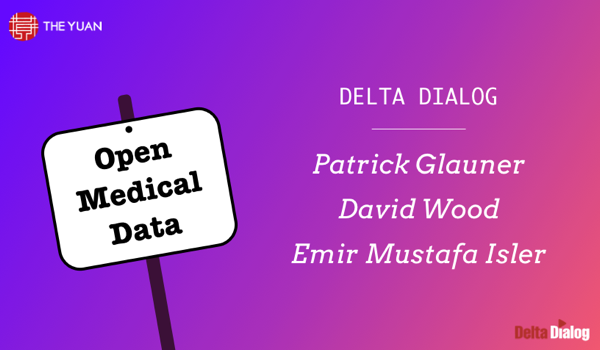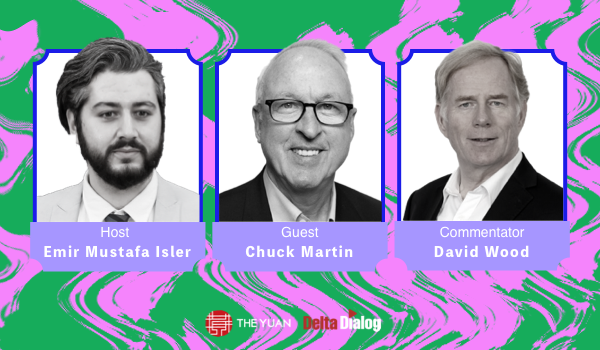
ISTANBUL -
A waste of time or due diligence?
“I don’t think there is a clear strategy on AI in Europe,” artificial intelligence (AI) Prof Patrick Glauner replied to a question on the trend that Europe is following in its AI strategy. A vision and mission is critical to create any strategy for institutions, since it offers guidance towards a goal. However, in Europe’s case, there are no clear vision and mission on AI. Privatizing open medical data for, e.g., hospitals, insurance providers, and pharmaceutical companies, which are basically the main actors apart from the government, has a higher chance of succeeding in implementing open medical data, Glauner said. The drive towards open medical data can be significantly accelerated if the strategy's vision and mission incorporate it, as it plays a significant role in promoting and achieving this objective.
What’s in it for me? Why should I care?
One of the main challenges is also getting the public and private sectors to willingly participate, which is an initiative more on the incentive side. Thus, further questions would be determining what these incentives should be. Regulations like the Data Act and the AI Act can restrict the sharing of data in industries other than open medical data, potentially causing them to lose their competitive advantage.
Glauner also cited an issue regarding policymakers. AI and data are relatively new topics to some politicians and can be ‘scary’ ones for some. However, according to Glauner, typically the politicians who are the most scared of the topic refrain from even engaging in the debate, which is a critical piece of information. For advancement of technology and especially pushing open medical data on a wider scale, such policymakers have to be included into the discussion. “Those who actually came and joined the conversation are the ones that already agree with us,” Glauner said, “and those who are the most scared of AI didn’t even want to come.”
Politicians must attend to and discuss AI and open medical data
Most people are afraid of AI are so due to lack of knowledge about it. Glauner said this is not unique to AI but common to many things such as engines or medicine. Most people do not really know how an engine works or what precisely goes into a pill. That is why policymakers must have an open mind and take experts on AI and open medical data seriously and listen to what they have to say.
Further Reading:- Recent developments in the AI Act and its future timeline
- Rocky road besets Europe’s bid to open medical data
- More data is better? Bias in big datasets impacts ML models





 539 views
539 views







